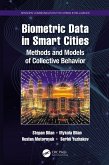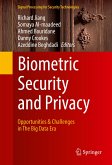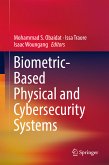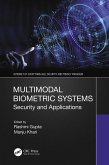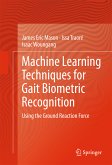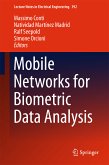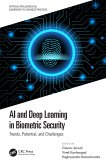Only biometrics verification/authentication is based on the identification of an intrinsic part of a human being. Tokens, such as smart cards, magnetic stripe cards, and physical keys can be lost, stolen, or duplicated. Passwords can be forgotten, shared, or unintentionally observed by a third party. Forgotten passwords and lost "smart cards" are a nuisance for users and an expensive time-waster for system administrators. Biometric security solutions offer some unique advantages for identifying and verifying/ authenticating human beings over more traditional security methods. This book will serve to identify the various security applications biometrics can play a highly secure and specific role in.
* Contains elements such as Sidebars, Tips, Notes and URL links
* Heavily illustrated with over 150 illustrations, screen captures, and photographs
* Details the various biometric technologies and how they work while providing a discussion of the economics, privacy issues and challenges of implementing biometric security solutions
Dieser Download kann aus rechtlichen Gründen nur mit Rechnungsadresse in A, B, BG, CY, CZ, D, DK, EW, E, FIN, F, GR, HR, H, IRL, I, LT, L, LR, M, NL, PL, P, R, S, SLO, SK ausgeliefert werden.



